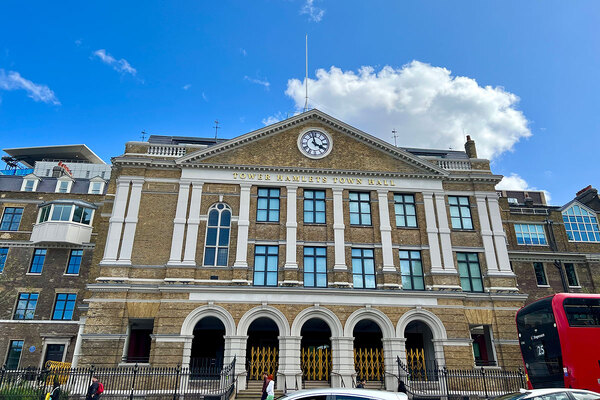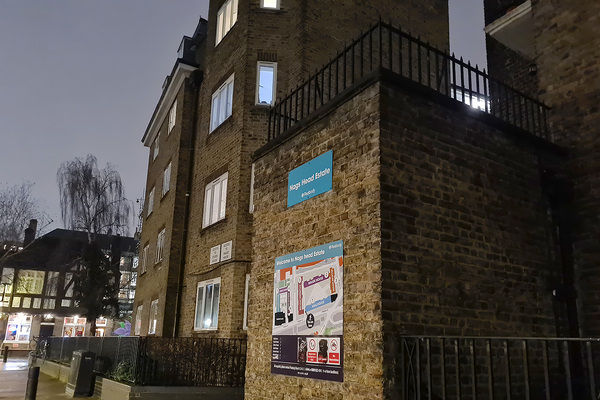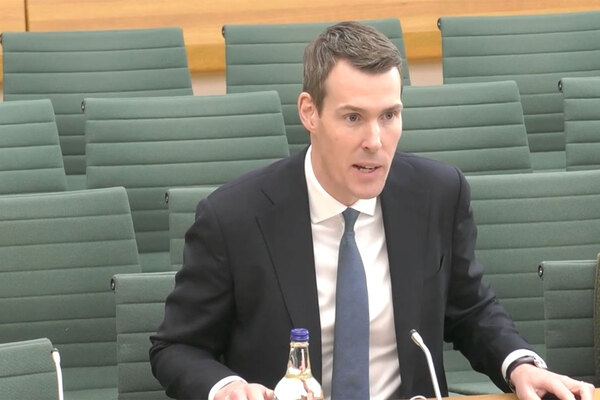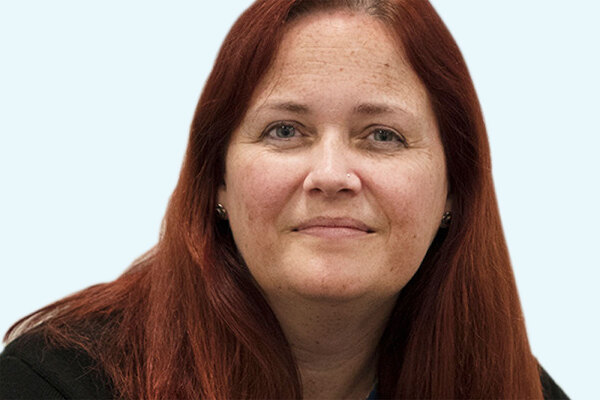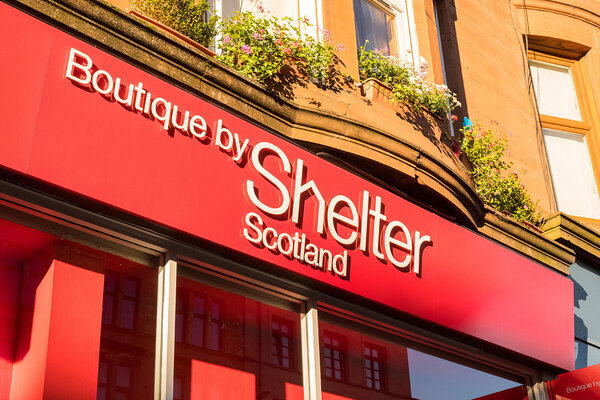You are viewing 1 of your 1 free articles
London council placed vulnerable family in ‘degrading’ mixed-sex accommodation
A London council placed a vulnerable family fleeing domestic abuse in “degrading and appalling” mixed-sex accommodation, the Local Government and Social Care Ombudsman (LGSCO) found.
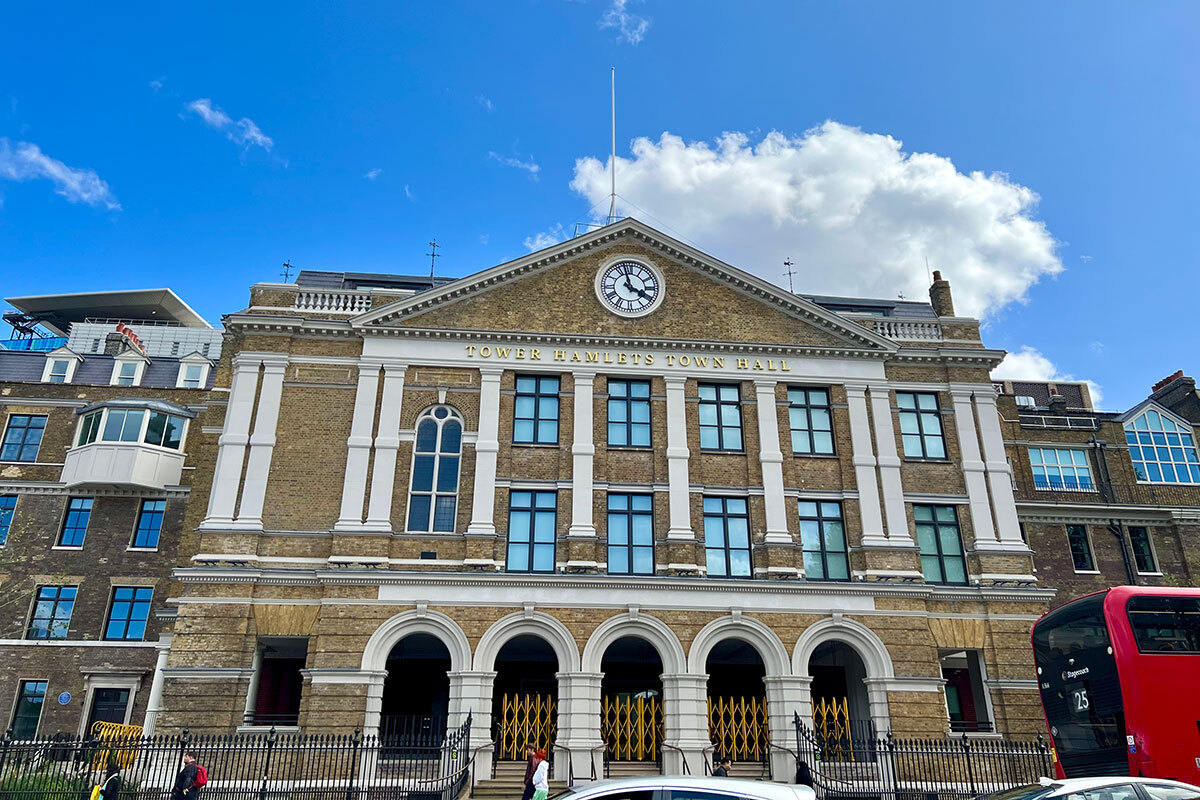
Tower Hamlets Council has agreed to apologise to the mother and pay her £5,000 for the distress caused by the accommodation. The LGSCO found this was so unsuitable that her disabled child regularly soiled themself because they feared using the shared bathroom.
The mother, who has mental and physical health issues, moved to a refuge in Tower Hamlets in 2022 because she had family living in the borough.
She approached the council as homeless and asked for help. One of her children, who has mobility issues and post-traumatic stress disorder (PTSD), had only just returned to school after three years out of education.
She told the officer that stress in her child often leads to incontinence. However, Tower Hamlets said there was nothing available locally and the only accommodation it had was in Kent.
The mother understood this to mean the council had no accommodation available for her, so she decided to “sofa surf” with family for 10 days before moving to interim bed and breakfast accommodation provided by the council outside the area.
A month later, the mother told the council about the impact the B&B was having on her child, who was anxious about using the shared facilities and had nowhere to do their homework. But Tower Hamlets said there was nothing else available.
Later, the mother told Tower Hamlets her child was “soiling themselves because they were so afraid” to use the shared bathrooms.
A social worker from a different London borough told Tower Hamlets the accommodation was not suitable because of the family’s vulnerability, and that it was detrimental to their mental and physical health.
In December 2022, the family was moved to a one-bedroom flat, but the mother complained they were overcrowded and had inadequate heating and hot water.
The mother and eldest child struggled to wash properly because of their disabilities, and often “had to resort to using a jug and bucket” to try to keep clean.
The family was not able to share a bedroom because of the age and gender of the children and because the mother and one of the children suffered from regular, distressing nightmares.
The mother said she “had to sleep on the kitchen floor” so one child could sleep in the bedroom and another in the living room.
Tower Hamlets finally found the family alternative temporary accommodation in June 2024.
The care ombudsman’s investigation found fault with the council for not keeping detailed records of the mother’s case, and for not offering “suitable interim accommodation” to the mother and her children when she approached it as homeless.
When she was provided with interim accommodation, she was there for more than nine weeks, when the law says B&B accommodation for families should be a “last resort” – and even then only for a maximum of six weeks.
The ombudsman found no evidence the council considered whether this was suitable for the family, or that it reviewed the situation when the mother raised her concerns.
The watchdog also found fault with the way the council assessed the suitability of the flat the family was then offered. The mother was not told about her right to ask for a review.
Amerdeep Somal, the local government and social care ombudsman, said: “I can find no evidence the council considered the massive impact placing a vulnerable family with a history of PTSD from domestic abuse in mixed-sex shared accommodation would have.
“The distress the child must have felt – at their age – of suffering incontinence because of their fear of using the shared bathrooms is palpable, given the degrading and appalling circumstances they were in.
“The council must improve the way it assesses risk and suitability of accommodation as a matter of urgency, to prevent other vulnerable people being placed in such awful situations.
“As part of my investigation, the council told me it had a backlog of cases awaiting a review decision. I have asked it to remedy other people who may have been similarly affected by what has happened in this case.”
Tower Hamlets has agreed to apologise to the mother and pay the family £5,000 for the time they spent in unsuitable accommodation and for the distress caused. It will also pay the daughter a further £1,500 for her “distress and indignity”.
The council will also apologise and pay £200 to each of the other eight people identified during the investigation whose reviews were delayed and consider whether there is any further injustice to those people following the outcome of their reviews.
Tower Hamlets will make “a number of other changes to its processes” to ensure other residents are not similarly affected, the ombudsman added.
A Tower Hamlets Council spokesperson said: “We fully accept the report and its findings, and we apologise to Ms X for the upset we caused her and her children.
“These findings came at a time when we were facing unprecedented demand for housing and homelessness services. Our team is working hard to improve and already acting on the report’s recommendations.”
Sign up for our tenancy management newsletter
Already have an account? Click here to manage your newsletters
